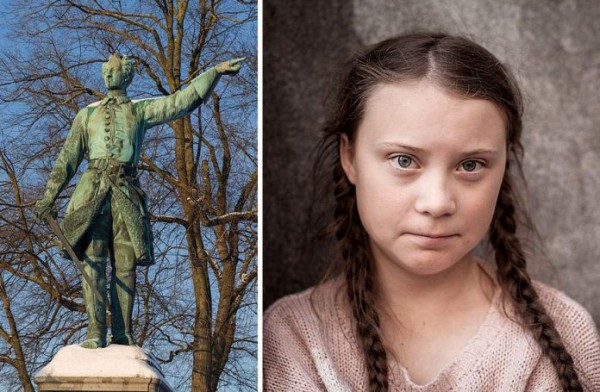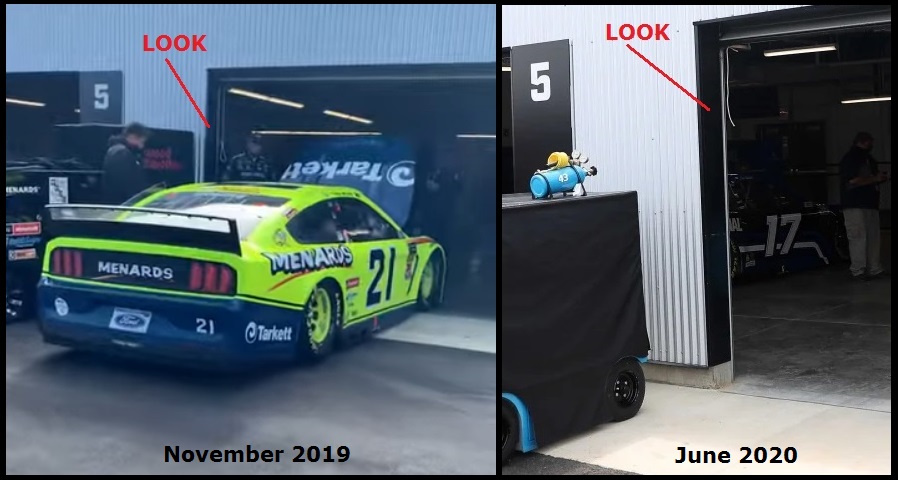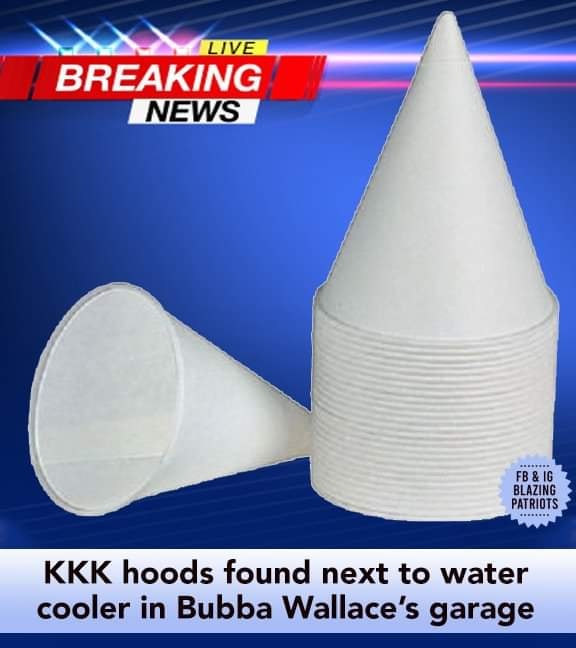It was only a matter of time before the protests came for “Paw Patrol.”
“Paw Patrol” is a children’s cartoon about a squad of canine helpers. It is basically a pretense for placing household pets in a variety of cool trucks. The team includes Marshall, a firefighting Dalmatian; Rubble, a bulldog construction worker; and Chase, a German shepherd who is also a cop. In the world of “Paw Patrol,” Chase is drawn to be a very good boy who barks stuff like “Chase is on the case!” and “All in a police pup’s day!” as he rescues kittens in his tricked-out S.U.V.
But last week, when the show’s official Twitter account put out a bland call for “Black voices to be heard,” commenters came after Chase. “Euthanize the police dog,” they said. “Defund the paw patrol.” “All dogs go to heaven, except the class traitors in the Paw Patrol.”
It’s a joke, but it’s also not. As the protests against racist police violence enter their third week, the charges are mounting against fictional cops, too. Even big-hearted cartoon police dogs — or maybe especially big-hearted cartoon police dogs — are on notice. The effort to publicize police brutality also means banishing the good-cop archetype, which reigns on both television and in viral videos of the protests themselves. “Paw Patrol” seems harmless enough, and that’s the point: The movement rests on understanding that cops do plenty of harm.
The protests arrived in the midst of a pandemic that has alienated Americans from their social ties, family lives and workplaces. New and intense relationships with content have filled the gap, and now our quarantine consumptions are being reviewed with an urgently political eye. The reckoning has come for newspapers, food magazines, Bravo reality shows and police procedurals.
Last week, Tom Scharpling, an executive producer of “Monk,” criticized his own show on Twitter: “If you — as I have — worked on a TV show or movie in which police are portrayed as lovable goofballs, you have contributed to the larger acceptance that cops are implicitly the good guys.” Griffin Newman, an actor who appeared in two episodes of “Blue Bloods” as a detective, donated his $11,000 in earnings to a bail fund, inspiring other actorswho have played copsto do the same. LEGO has halted marketing on its “LEGO City Police Station” and “Police Highway Arrest” sets. A&E has pulled its reality show “Live PD” from the schedule. On Tuesday night, “Cops,” the show that branded suspects as “bad boys” and spawned the whole genre of crime reality television, was canceled after 32 seasons.
Cops are not just television stars; they are television’s biggest stars. Crime shows are TV’s most popular genre, now making up more than 60 percent of prime-time drama programming on the big four broadcast networks. The tropes of the genre are so predictable that a whole workplace sitcom, “Brooklyn Nine-Nine,” is layered atop them. “A police station was a shortcut,” Dan Goor, the show’s co-creator, has said, “because people are very aware of how police television works. You know instantly who the good guys are and who the bad guys are.”
metmike: This is an outrage. Taking all the police shows depicting cops as good guys off the air, so we don't see them that way.
They are intentionally smearing an entire profession of tens of thousands, almost all good and almost always doing things that benefit society.......for a political agenda.






